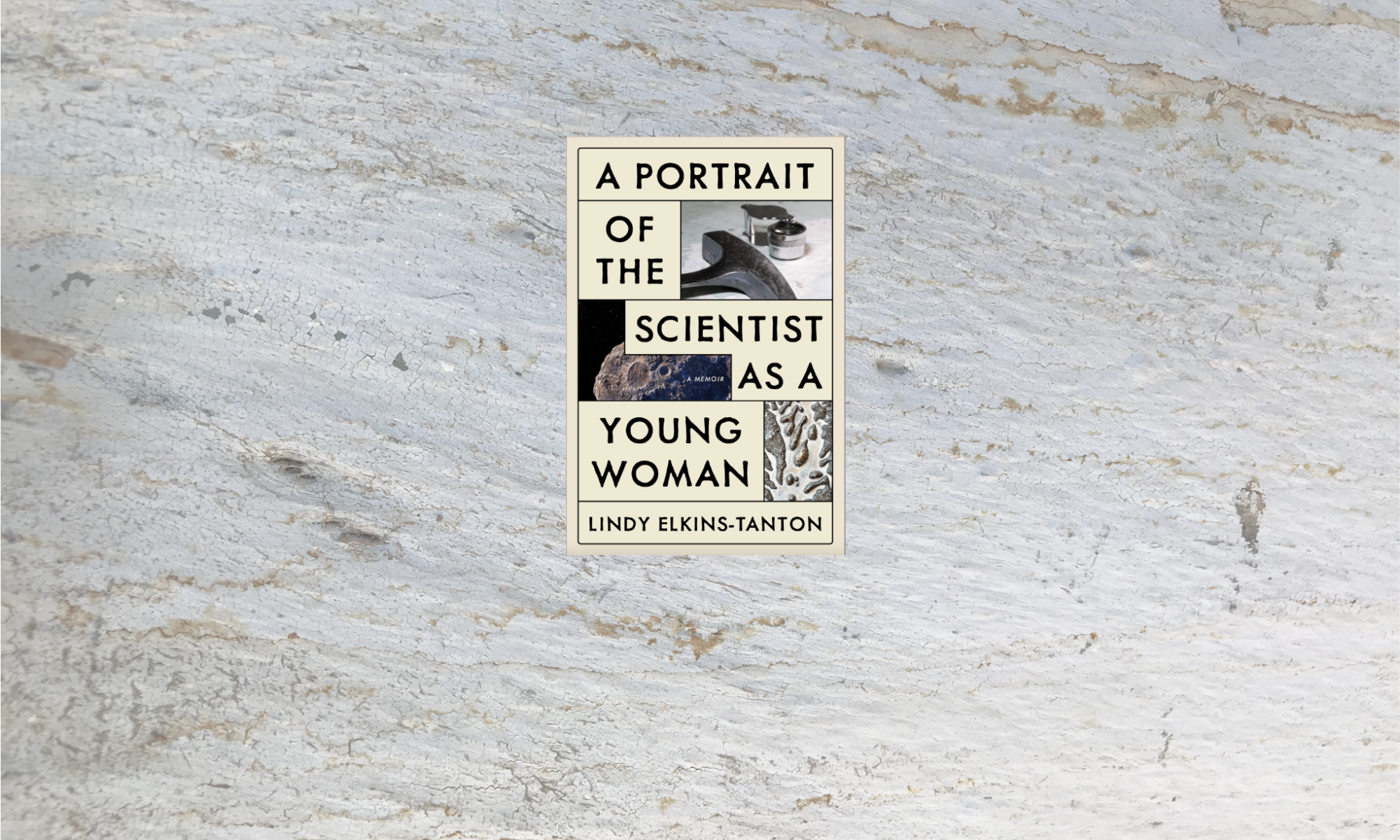Lindy Elkins-Tanton is a scientist studying the formation and evolution of rocky planets. She was born and grew up in Ithaca, New York, and now she splits her time between Arizona and the quiet hills of western Massachusetts.
Elkins-Tanton is the Principal Investigator of the NASA Psyche mission, ASU Vice President for the Interplanetary Initiative, and co-founder of Beagle Learning, a tech company training and measuring problem-solving and critical thinking. She received her B.S., M.S., and Ph.D. from MIT. She was a researcher at Brown University, faculty at MIT, and a director at the Carnegie Institution for Science before moving to a directorship at Arizona State University. She has led four field expeditions in Siberia. She has been the Astor Fellow at Oxford University, is a fellow of the American Geophysical Union and of the American Mineralogical Society, and a member of the American Academy of Arts & Sciences and the National Academy of Sciences. Asteroid (8252) Elkins-Tanton and the mineral elkinstantonite are named for her.



Using models and observations, she and her collaborators have shown how the evolution of planetesimals (the building blocks of planets) includes partially differentiated and other complex compositional structures, explaining observations from meteorites and asteroids. Her work on the accretion of rocky planets shows that rocky planets everywhere are likely born habitable: Even the magma ocean stages of terrestrial planet formation retained sufficient water to create habitable planets without additional water delivery.
On the Earth, she and her team confirmed that the Siberian flood basalts caused the end-Permian extinction: The magmatism released carbon, sulfur, and halocarbons sufficient to drive catastrophic global climate change, and the flood basalts began with a world-record volume of volcaniclastics, many burning a significant coal volume.
The Beagle Learning team has developed classroom processes for open inquiry: Students set their own questions and do their own research, sharing at each step. This process drives engagement and a sense of ownership, and teaches key transferable skills for life and work. Our OpenCitizen process is designed to support any group pursuing a passion project, learning a topic, or addressing issues in their communities. Finally, Beagle Learning has shown how the productivity of research questions can be rated using a rubric and scored successfully by artificial intelligence.
She has recently written a memoir about life in science, Portrait of the Scientist as a Young Woman, forthcoming from William Morrow. The book Earth, co-authored Jeffrey Cohen, is a brief meditation on our human perspective, curiosity, creativity, and our place in the universe. These books join her Solar System reference book series, and two edited scholarly volumes on planetesimals and volcanoes.
She and her family (below: James Tanton, Liz Casey, and Turner Bohlen) love traveling and discovering the people, animals, and plants of new places. At home she keeps trail cams up to record the nocturnal activity around their houses; in Massachusetts, the cameras record bears, fishers, grey foxes, owls, and more. She’s recently been learning how to identify mosses. On weekends, she and her husband, mathematician and educator James Tanton, hike in the desert, mind their lime and grapefruit trees, and watch the Gambel’s quail.

